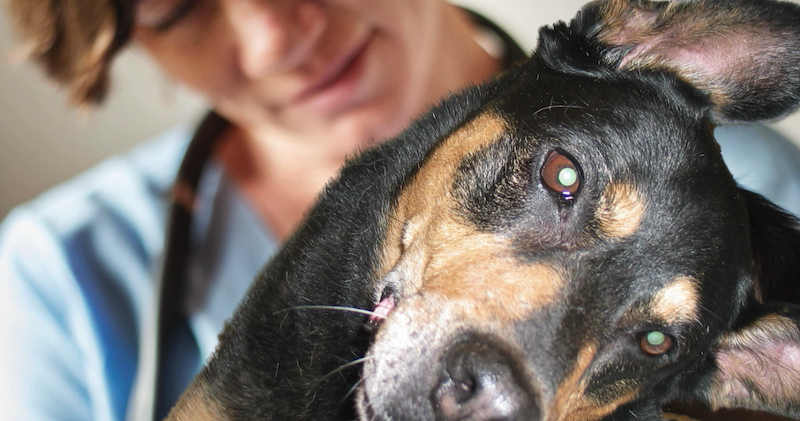This presentation delves into the veterinarian-pet owner-dog relationship and the factors that can impact successful management of epileptic dogs. Discussion includes:
- What the research shows is important to pet owners, veterinarians, and veterinary specialists when it comes to managing canine epilepsy
- Leveraging the veterinary team to successfully care for epileptic patients
- Quality of life assessment and considerations
- Epilepsy and what the future holds
Running time: 2 hours
Approved for 2 hrs of CE credit by AAVSB RACE and NY State
You might also like
Practical Neurology Pearls: The Now And Later Complications Of Traumatic Brain Injury In Dogs And Cats
12/12/2023
In this segment Dr. Rebecca Windsor discusses head trauma and traumatic brain injuries in dogs and c...
Read
More
Practical Neurology Pearls: Intervertebral Disc Disease And Epidural Hemorrhage (it's Evil Friend)
09/20/2023
Intervertebral disc disease is one of the most common diseases to affect dogs and is the most common...
Read
More
Practical Neurology Pearls - Immune Mediated Neuroinflammatory Diseases
08/16/2023
Immune-mediated inflammatory diseases are very common in dogs and less commonly seen in cats. Manife...
Read
More
Practical Neurology Pearls: Pug Dog Encephalitis - Understanding Necrotizing Meningoencephalitis
06/20/2023
In this segment Dr. Rebecca Windsor discusses our current understanding of necrotizing meningoenceph...
Read
More
Practical Neurology Pearls: Recognition And Management Of Neuropathic Pain In Veterinary Patients
05/23/2023
Neuropathic pain is a common problem in humans and a major cause of depression in affected patients....
Read
More
Practical Neurology Pearls: Vestibular Disease - When The World Is Spinning
04/25/2023
Vestibular disease is a common diagnosis in dogs and cats, however lesion localization can be confus...
Read
More












